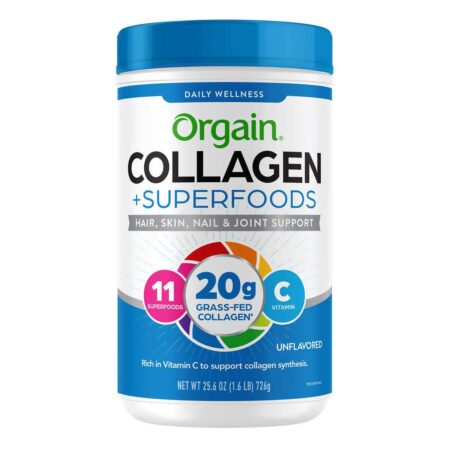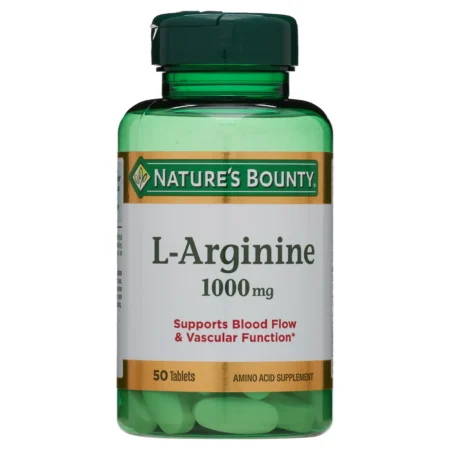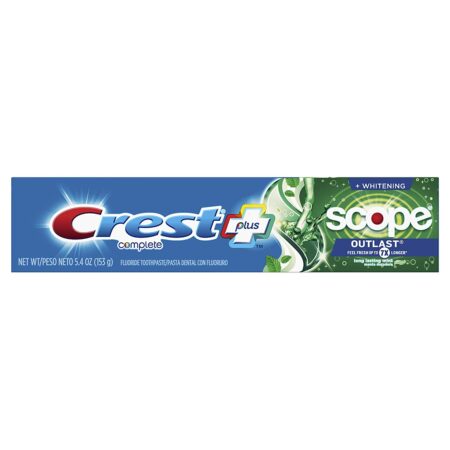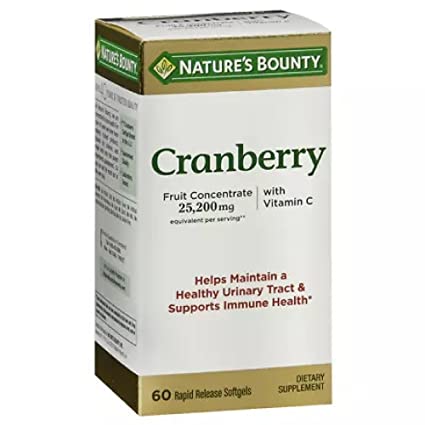The Age-Related Eye Illness Research Studies (AREDS and AREDS2) developed that dietary supplements can slow development of age-related macular degeneration (AMD), the most typical reason for loss of sight in older Americans. In a brand-new report, researchers evaluated ten years of AREDS2 information. They reveal that the AREDS2 formula, which replaced anti-oxidants lutein and zeaxanthin for beta-carotene, not just minimizes threat of lung cancer due to beta-carotene, however is likewise more efficient at decreasing threat of AMD development, compared to the initial formula. A report on the research study, moneyed by the National Institutes of Health, released in JAMA Ophthalmology.
” Since beta-carotene increased the threat of lung cancer for existing cigarette smokers in 2 NIH-supported research studies, our objective with AREDS2 was to produce a similarly efficient supplement formula that might be utilized by anybody, whether they smoke,” stated Emily Chew, M.D., director of the Department of Public Health and Medical Application at the National Eye Institute (NEI), and lead author of the research study report. “This 10-year information verifies that not just is the brand-new formula much safer, it’s in fact much better at slowing AMD development.”
AMD is a degenerative illness of the retina, the light-sensitive tissue at the back of the eye. Progressive death of retinal cells in the macula, the part of the retina that supplies clear main vision, ultimately causes loss of sight. Treatment can slow or reverse vision loss; nevertheless, no treatment for AMD exists.
The initial AREDS research study, released in 1996, revealed that a dietary supplement solution (500 mg vitamin C, 400 global systems vitamin E, 2 mg copper, 80 mg zinc, and 15 mg beta-carotene) might considerably slow the development of AMD from moderate to late illness. Nevertheless, 2 concurrent research studies likewise exposed that individuals who smoked and took beta-carotene had a substantially greater threat of lung cancer than anticipated.
In AREDS2, started in 2006, Chew and associates compared the beta-carotene solution to one with 10 mg lutein and 2 mg zeaxanthin rather. Like beta-carotene, lutein and zeaxanthin are anti-oxidants with activity in the retina. The beta-carotene-containing development was just provided to individuals who had actually never ever smoked or who had actually stopped cigarette smoking.
At the end of the five-year AREDS2 research study duration, the scientists concluded that lutein and zeaxanthin did not increase threat for lung cancer, which the brand-new development might minimize the threat of AMD development by about 26%. After the conclusion of the five-year research study duration, the research study individuals were all provided the last AREDS2 development that consisted of lutein and zeaxanthin rather of beta-carotene.
In this brand-new report, the scientists followed up with 3,883 of the initial 4,203 AREDS2 individuals an extra 5 years from completion of the AREDS2 research study in 2011, gathering info on whether their AMD had actually advanced to late illness, and whether they had actually been identified with lung cancer. Although all the individuals had actually changed to the formula consisting of lutein and zeaxanthin after completion of the research study duration, the follow up research study continued to reveal that beta-carotene increased threat of lung cancer for individuals who had actually ever smoked by almost double. There was no increased threat for lung cancer in those getting lutein/zeaxanthin. In addition, after ten years, the group initially appointed to get lutein/zeaxanthin had an extra 20% lowered threat of development to late AMD compared to those initially appointed to get beta-carotene.
” These outcomes validated that changing our formula from beta-carotene to lutein and zeaxanthin was the ideal option,” stated Chew.
The research study was moneyed by the NEI Intramural program (EY000546) and through agreements (AREDS2 agreement HHS-N-260-2005-00007-C; ADB agreement NO1-EY-5-0007; AREDS Agreement NOI-EY-0-2127, and agreement HHS-N-263-2013-00005-C). The AREDS2 agreements were supported by the NIH Workplace of Dietary Workplace of Dietary Supplements, the National Center for Complementary and Natural Medicine, the National Institute on Aging, the National Heart, Lung, and Blood Institute, and the National Institute of Neurological Conditions and Stroke. The research study happened at the NIH Medical Center.
Story Source:
Products supplied by NIH/National Eye Institute Note: Material might be modified for design and length.





